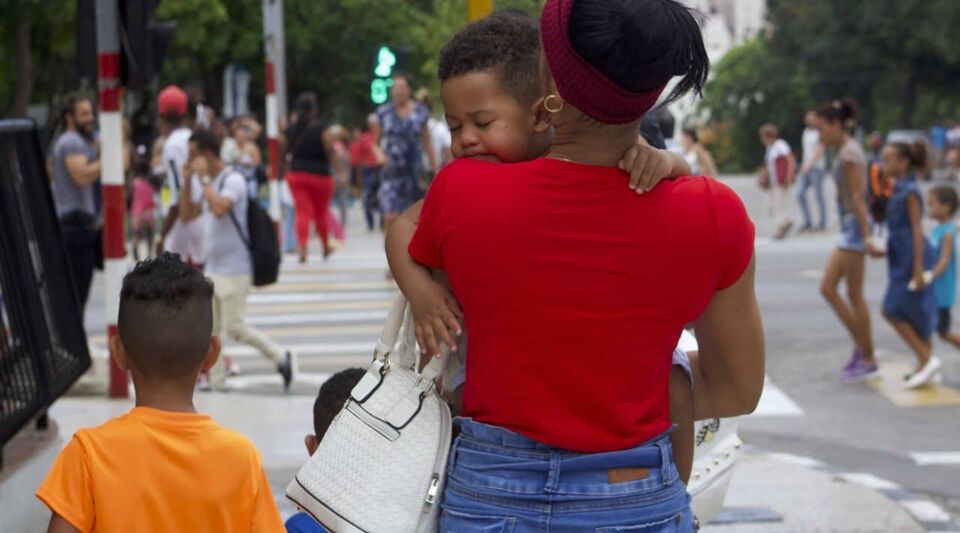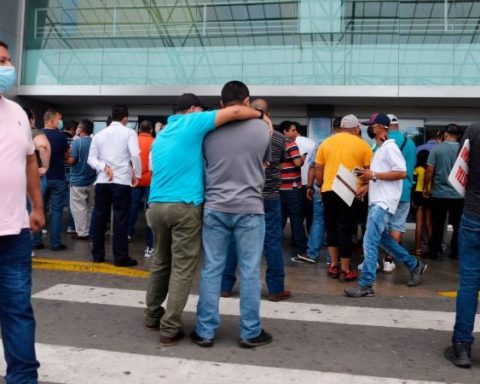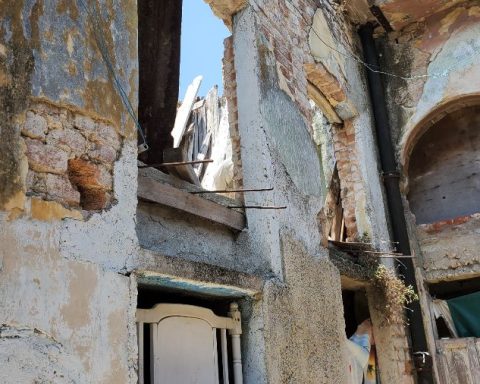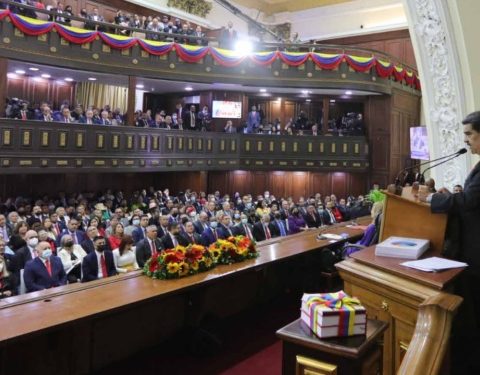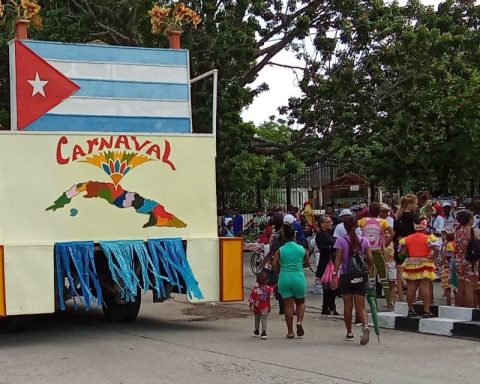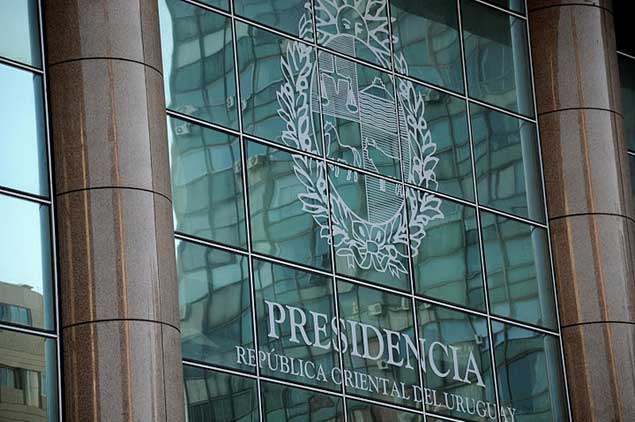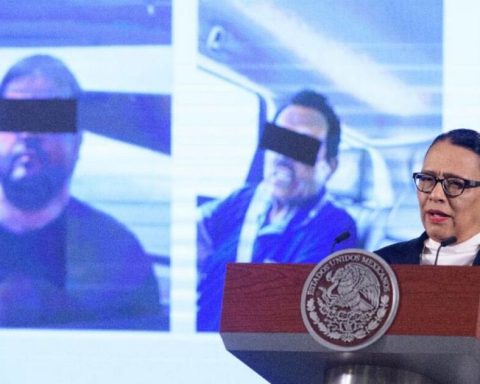The project of the new Cuban Family Code, in his version 23, has eliminated the exception that authorized the marriage of adolescents between 16 and 18 years of age. “We celebrate the end of Child Marriage in Cuba, an achievement of independent feminist activism”, has claimed the platform # YoSíTeCreo Cuba.
In statements to official media, the vice president of the National Union of Cuban Jurists (UJNC), Yamila González Ferrer, recalled that the Code in force since 1975 allows the marriage of girls at 14 and boys at 16 with an exceptional authorization of parents. Under this law, more than 320 girls under the age of 15 were married in Cuba between 2018 and 2019.
Gonzalez Ferrer precise that “girls between 14 and 18 years old who marry men who are twice or triple their age and, from there, drop out of school, become pregnant, become economically dependent. As they are not trained and their possibilities of to improve technically or professionally, they also have less possibilities of accessing employment “.
The United Nations Children’s Fund (UNICEF) considers child marriage a violation of human rights. For this reason, the possibility of marriage through the exception contemplated in current legislation contrasts with the ratification by the Cuban State of the Convention on the Rights of the Child.
Another novelty in the Code’s proposal concerns filiation “by assisted reproduction”, which opens the door to surrogate bellies, although the official press does not refer to it by this name. In this regard, González Ferrer explained that the regulation of “solidarity gestation” is still being outlined to avoid “the exploitation or use of women’s bodies and against the trafficking of children.”
“To give just one example, the ovum that is going to be fertilized will never belong to that pregnant woman, unless she is going to be part of a multiparental project”
The so-called surrogacy, which consists of implanting a fertilized egg in a “surrogate” pregnant woman, which has no biological relationship with the future child, is a very controversial option, allowed in very few countries. It is only regulated in Canada, some states of the USA, Russia, Ukraine, Georgia, Greece, the United Kingdom, Australia and India, and subject to many conditions.
In the case of this version of the Cuban Family Code, the authorities assure that they will protect “that future pregnant woman from the psychological effects that may arise from carrying a child that is not hers,” as González Ferrer pointed out.
“To give just one example, the ovum that is going to be fertilized will never belong to that pregnant woman, unless she is going to be part of a multiparental project,” he declared in Cubadebate.
The official media recalls that the regulation of solidarity gestation “requires specific legal norms that go beyond the family sphere”, specifically gynecological and obstetric issues (which they do not mention like this either). That is why, as they say, they work on “special binding rules and protocols” with the Ministry of Health.
This new version also mentions “artificial insemination post mortem“, an option allows a widow to be inseminated by her” spouse or partner “within a period of up to one year after death.
________________________
Collaborate with our work:
The team of 14ymedio He is committed to doing serious journalism that reflects the reality of deep Cuba. Thank you for joining us on this long road. We invite you to continue supporting us, but this time becoming a member of our journal. Together we can continue transforming journalism in Cuba.
